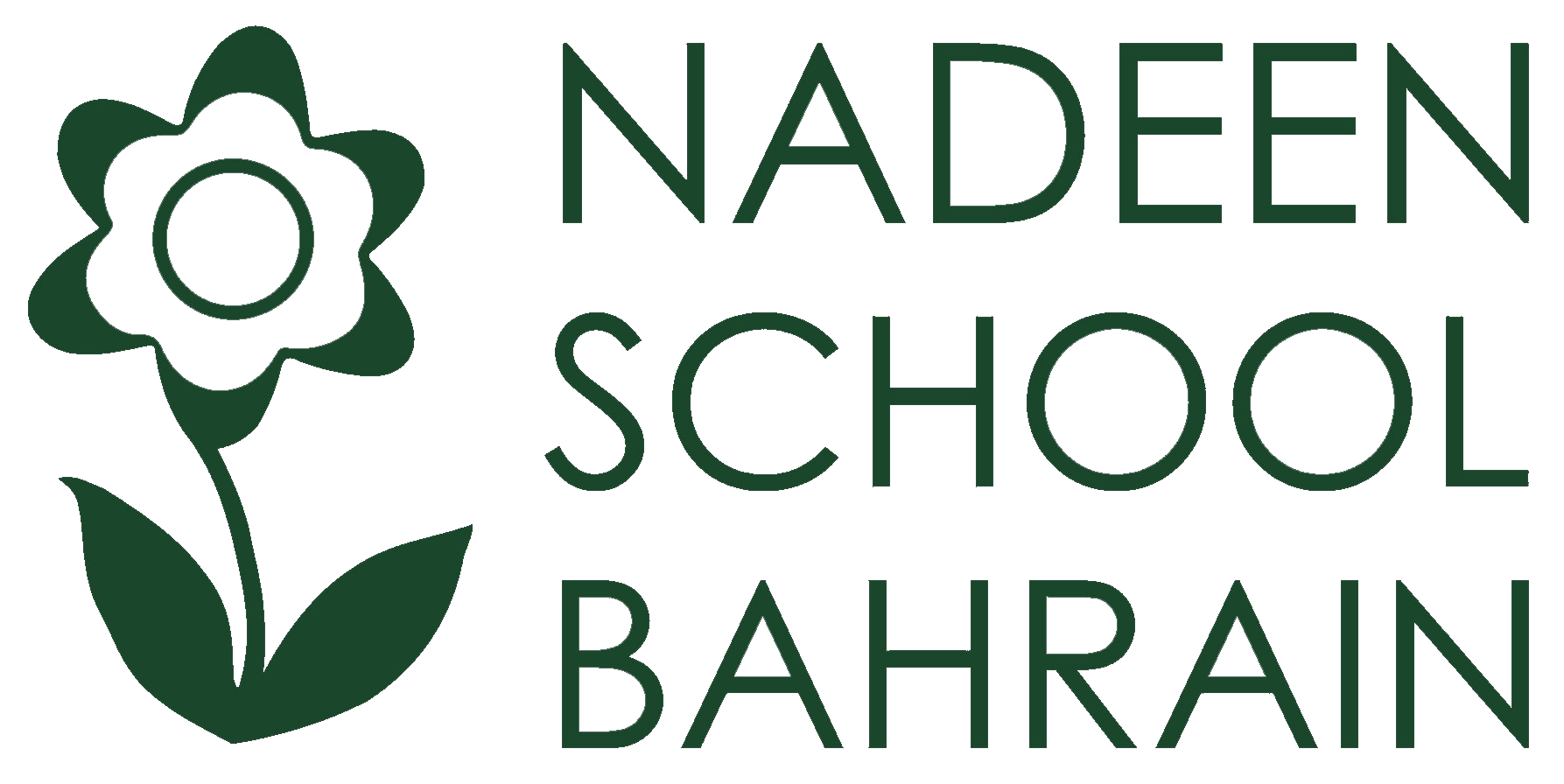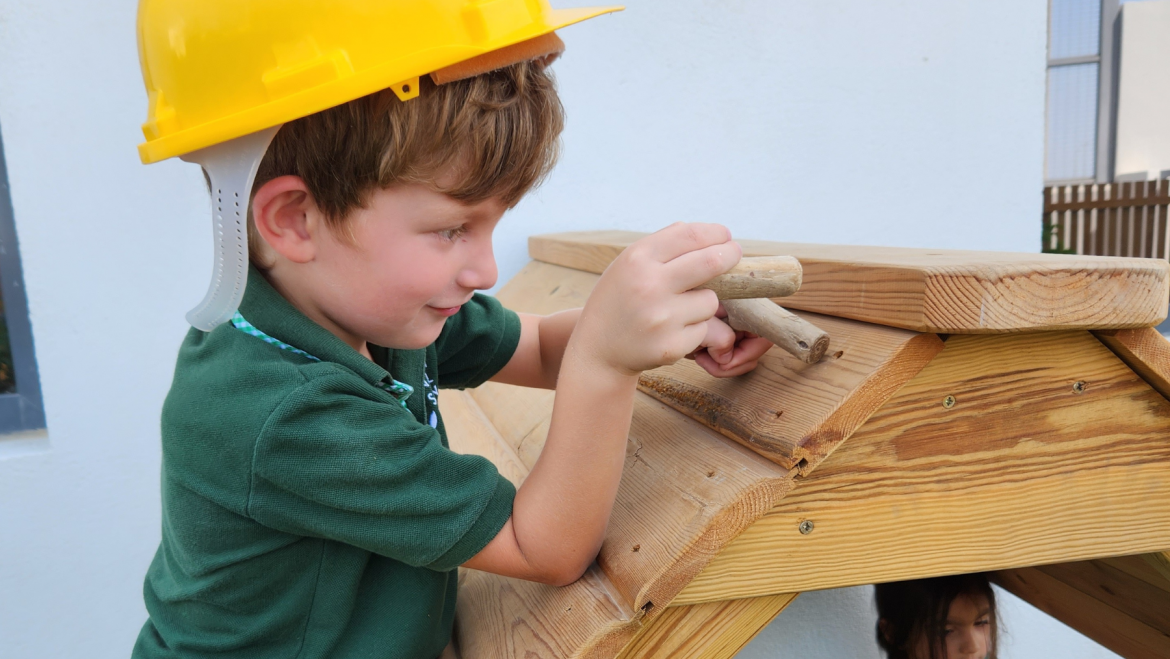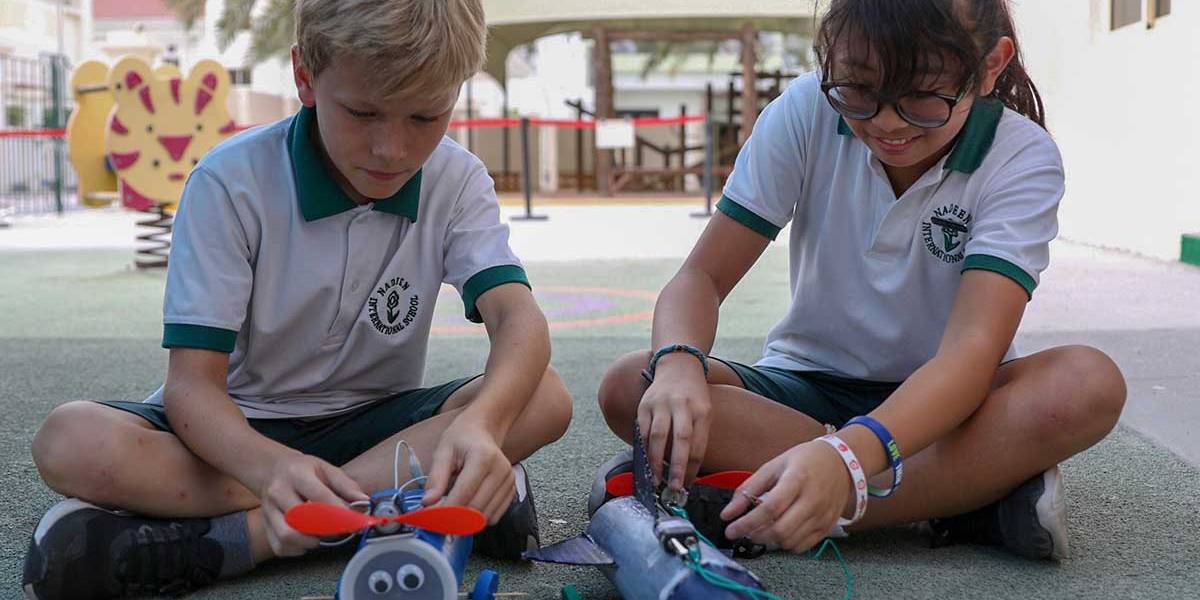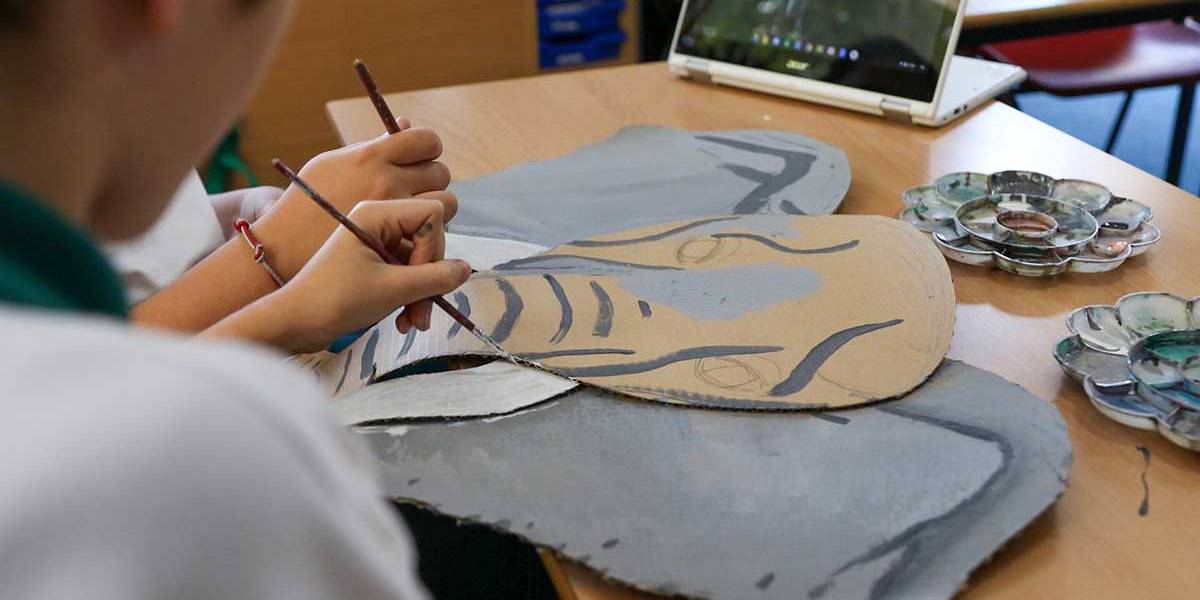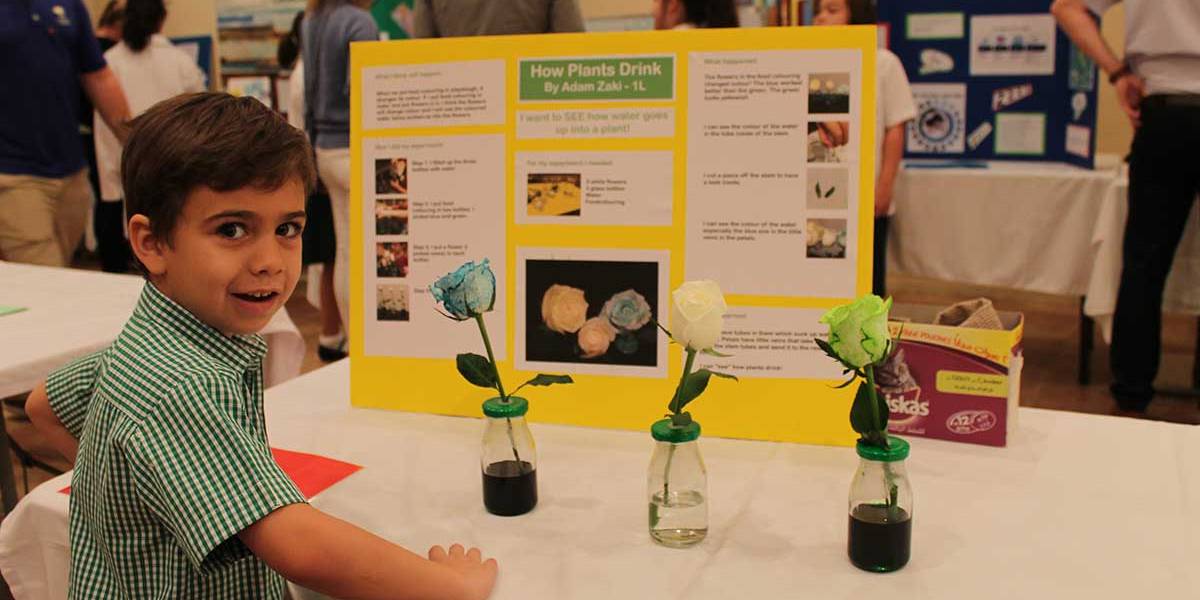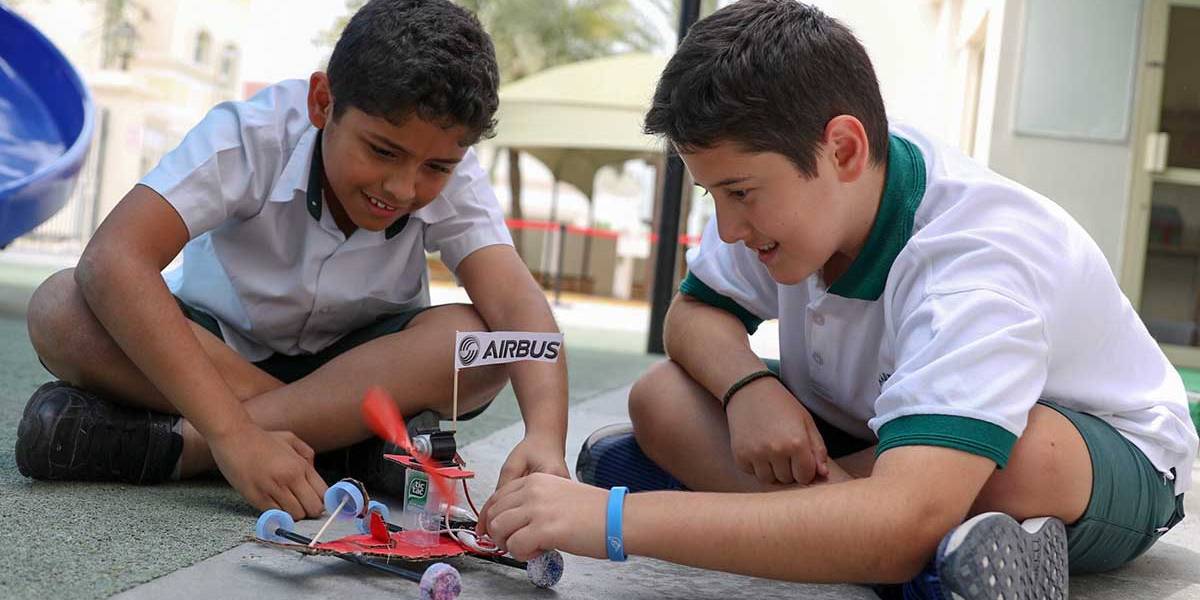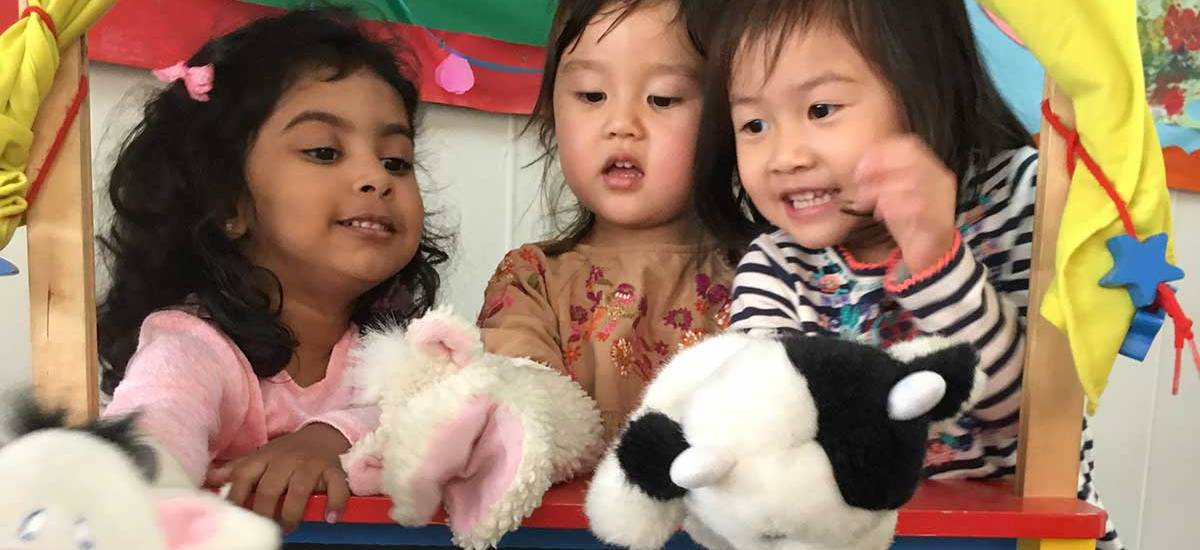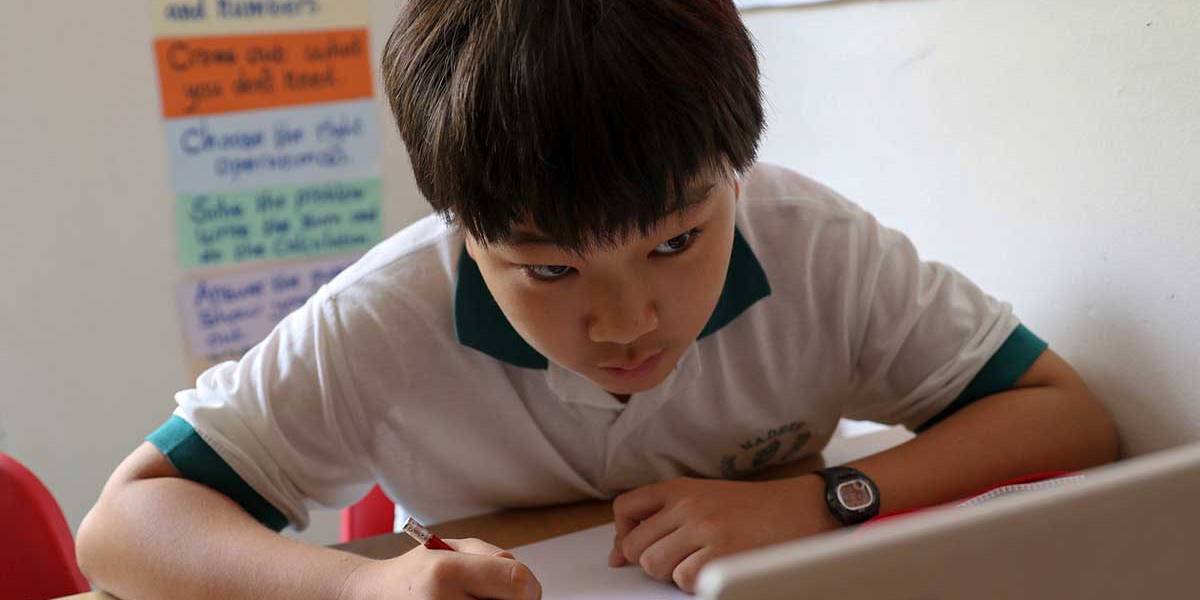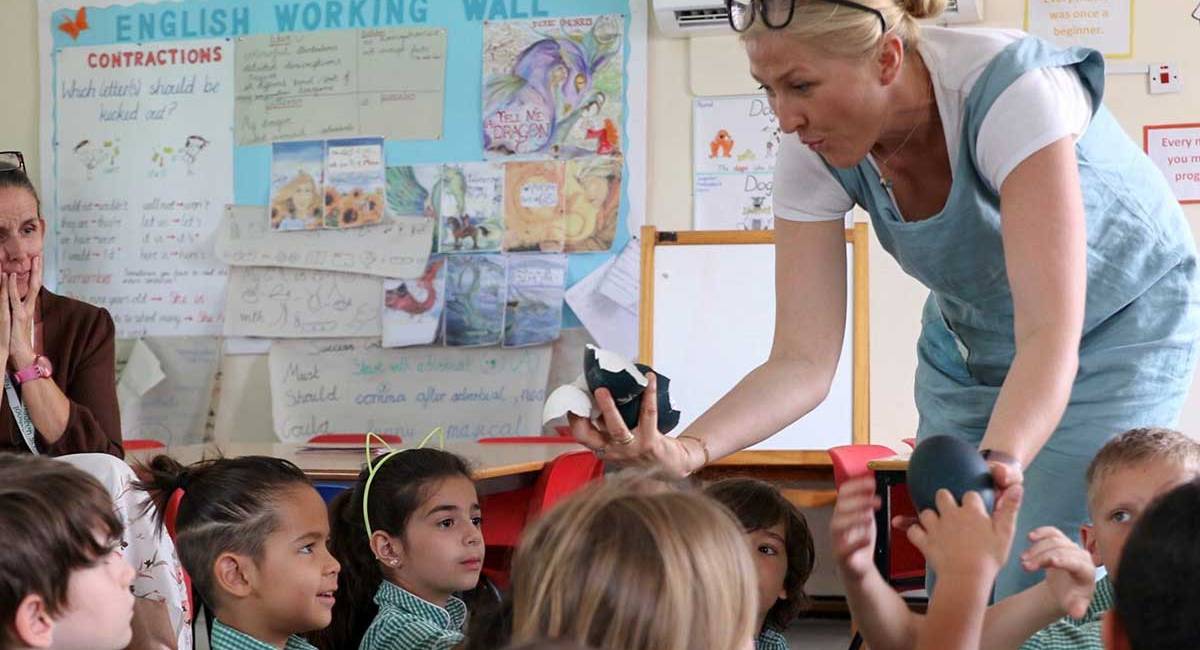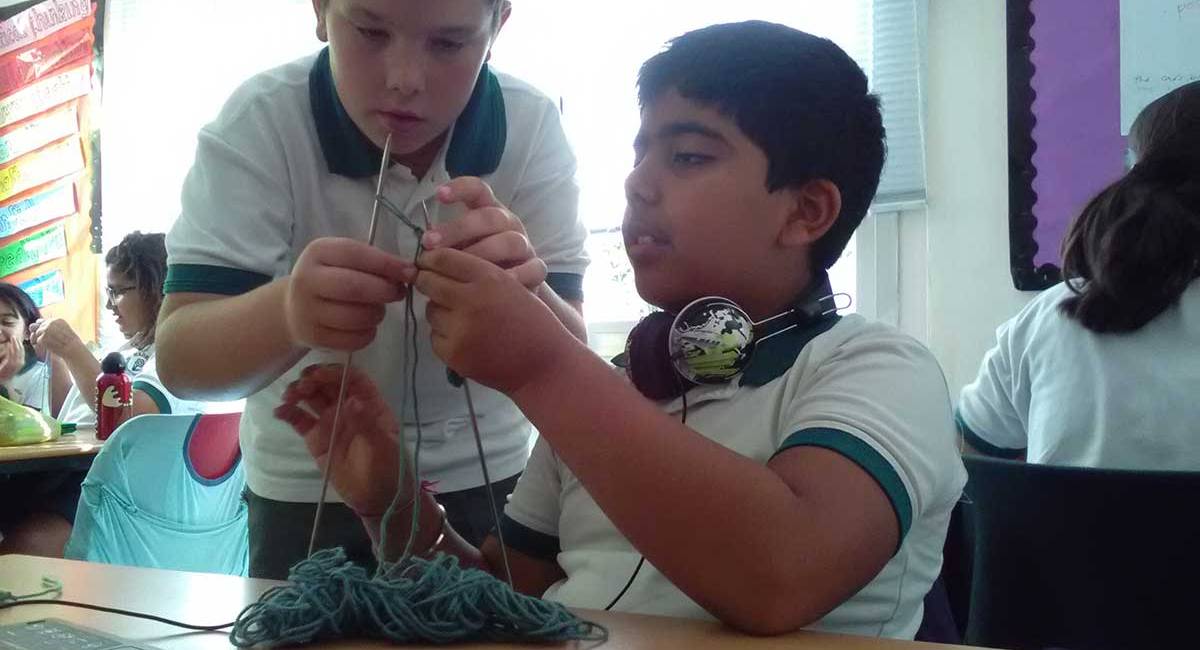Practice Makes Progress: The Power of “Yet” in the Early Years Classroom by Miss Nicky
As we advance towards the end of the first term, the youngest members of Nadeen School are now fully embedded in their role as Early Years students. Routines have been introduced, adapted and cemented, friendships forged and expectations well established by all of the dedicated teachers who work so hard to make big challenges easier for little people. For some Reception students, Nadeen School is a familiar and much-loved community, albeit now in a wholly different environment. For the youngest learners – aged just 2 and 3 – this term marks the very beginning of their educational journey, an exciting yet sometimes overwhelming leap into the school life that lies before them.
“Mighty oaks from little acorns grow“
– English proverb
Each child comes to a new school with their own individual experience from “before”, whether that be at home or in another setting. In our unique community in Bahrain, many families have lived in other countries abroad, adding yet another layer to their child’s previous experiences. For others still, Bahrain is their first introduction to expatriate life, which comes with an enormous amount of upheaval and adaptation. It is no surprise then, that sometimes the smallest members of our families, whether they are new or existing Nadeen students, experience such big emotions in their daily lives.

As educators, it is our job to help the children to understand that when we’re learning new things, we don’t always get it right straight away. At Nadeen school, “the power of yet” is an integral part of our ethos, vision and daily lives, however very young children are focused only on the here and now, their development not yet inclusive of their future selves. How then do we teach a concept that encourages the consideration of what lies ahead, and responsibility towards our progress?
Step one is to play. Young children learn through making a concept tangible, with physical resources and learning provocations that help them to explore ideas and link experiences. Small world figures and role play costumes become families, friends and imaginary characters, as they explore a range of situations, problems and solutions between themselves. Teachers may help move the story along with a well-placed query such as “what happens next?”; often however it is the children themselves that steer the story with enthusiastic suggestions and fervent discussions.
Step two is to discuss, through circle time games and targeted questions. Recently the children came up with things they weren’t able to do “yet”, citing real-life examples such as drive a car, read a book or get to the next level on their favourite game. Talk then moved to how we could achieve those things, for example through attending school, researching on a laptop or asking a friend for help. The children could identify that there were different solutions to different obstacles, and that some things required a bit more patience than others.

“You just need to grow a little bit bigger!“
– Ivy, Reception 4
Step three is to integrate “the power of yet” as part of daily life, placing interactive displays where the children will see them, and reiterating vocabulary to cement their understanding. We talk about “big problems” and “small problems”, working towards empowering the children to choose their own solving strategies depending on the situation. These strategies are signposted with gentle prompts when frustration or lack of confidence threaten to overwhelm them:
-
- Is there another way to do this?
- Which bit do you find tricky?
- Which bit do you find easy? Let’s do that first.
- Do you need to take a break and try again?
As adults, we are aware that the majority of life is a process, however even we can often be hard on ourselves when we make mistakes or don’t get things right straight away. Fostering a sense of “practice makes progress” is key in helping our children (and ourselves!) approach learning – and life – with a growth mindset, and the tools they need to build skills in problem-solving, collaboration and resilience.
